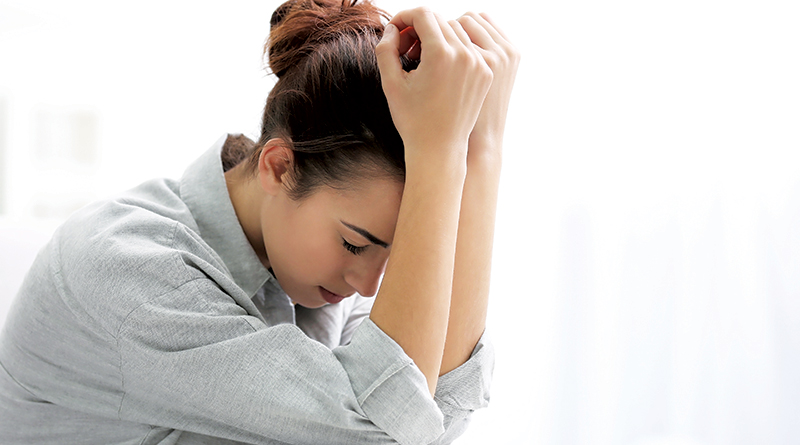Shining A Light On Seasonal Depression

For some, depression is as predictable as the changing of the seasons.
Depression comes in many forms. Some work to overcome depression all year round. Some experience depression triggered by certain events like the loss of a loved one, losing a job or going through a relationship issue. For many, the darker, shorter days of Fall and Winter can be difficult, bringing with them the urge to oversleep, overeat and generally withdraw and “hibernate” rather than engage fully in life.
Seasonal Affective Disorder (SAD) is a type of depression that comes and goes with the seasons, with symptoms typically starting in the late fall and early winter and going away during the spring and summer. Affecting about one in five people, SAD is not a case of “the holiday blues,” brought on by high levels of stress and anxiety but is the result of the seasonal decrease in sunlight that leads to changes in our brain chemistry.
“Do you know when you start getting drowsy at night? That’s melatonin,” said Dr. Siquilla Liebetrau Bowen Center Vice President of Clinical Services. “Melatonin is a hormone naturally produced by the brain in response to darkness.” It helps regulate our internal clock and sleep habits. Shorter and darker days cause the brain to release more melatonin than needed, resulting in lower energy and depressed mood.
Being aware of your environment and different therapies can help most people improve their situation when dealing with SAD.
“Sitting in a dark house is very bad for you, especially if you have seasonal affective disorder,” says Dr. Liebetrau. She suggests developing habits of opening curtains and getting outside as much as possible during the day.
Some people find relief by using a light box; a therapeutic, full spectrum, 10,000 lux light that filters out harmful UV light. Sitting with the proper type of light daily for 20 minutes can lead to improvement within two weeks.
“While using a light box can help, don’t forget to still try and get as much natural light as you can,” said Dr. Liebetrau.
Vitamin D supplements can also be helpful, replacing the vitamin D we naturally obtain from sunlight. Eating well-balanced, healthy meals is important as always. Make sure to stick to your schedule in order to stay socially engaged and physically active. As always, if your situation interferes with daily life, talk with your doctor about seeking therapy or medication.
Bowen Center is a non-profit Community Mental Health Center in Indiana providing mental and behavioral health care, primary health care, addiction recovery treatment, and life skills coaching services. Bowen Center strives to strengthen its communities and to improve the health and well-being of those it is privileged to serve. For more information, visit BowenCenter.org.
- What To Know About Mosquito Season - July 19, 2024
- Local Worship & Events: July 19 Update - July 19, 2024
- Allen County Bar Foundation Announces Scholarship Winners - July 19, 2024


